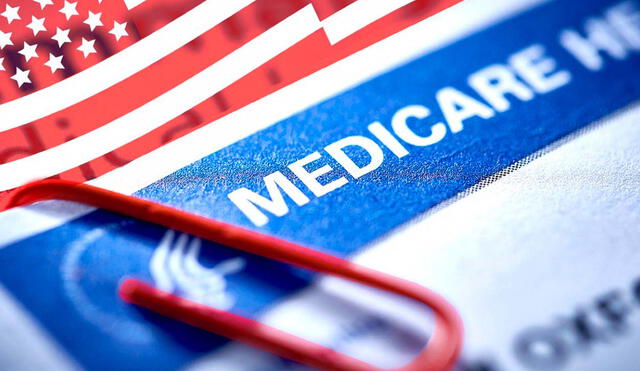When can you enroll in Medicare? What you need to know about eligibility and signing up
Medicare enrollment starts when you turn 65, but knowing the right periods to sign up is crucial. Find out when to enroll in Part A and Part B, and learn about exceptions for late enrollment.

Most people become eligible for Medicare when they turn 65, allowing them to enroll in both Part A (Hospital Insurance) and Part B (Medical Insurance). It’s important to sign up on time to avoid any gaps in coverage or potential penalties. Here’s a breakdown of the key enrollment periods and the rules around them.
Generally, most people should enroll in both Medicare Part A and Part B when they reach 65. If you’re already receiving Social Security benefits at that time, you’ll be automatically enrolled in Part A.
How to enroll for Medicare in the U.S.?
There are specific conditions where delaying enrollment is allowed without penalties, such as having an employer-sponsored health plan. Medicare has three main enrollment periods: the Initial Enrollment Period (IEP), the Special Enrollment Period (SEP), and the General Enrollment Period (GEP).
The Initial Enrollment Period (IEP) starts when you're about to turn 65 and lasts for seven months—from three months before to three months after your 65th birthday. Enrolling during this window ensures you avoid late penalties and gaps in coverage. For example, if your birthday is on February 17, 1960, you would need to enroll by May 31, 2025, with coverage beginning the following month.
If you're covered by an employer's health plan, you may qualify for a Special Enrollment Period (SEP), which allows you to sign up for Medicare later without penalties. You can enroll while you’re still working, or up to eight months after leaving your job or losing your employer’s health coverage. Your coverage usually starts the month after enrollment, but in some cases, it may take up to three months to begin.
Lastly, the General Enrollment Period (GEP) is for those who missed the other two periods. It runs annually from January 1 to March 31, and while you can still enroll, your coverage won’t start until the month after enrollment, and you could face a permanent late enrollment penalty.
Exceptions for missing enrollment periods
While it’s important to enroll during one of the designated periods, some exceptions allow for enrollment outside of these windows without penalties. These exceptions are meant to help those who missed the deadlines due to unforeseen circumstances, like:
- Losing Medicaid coverage.
- Facing barriers to enrollment caused by natural disasters.
- Receiving incorrect information about eligibility from employers or health plans.
- Being recently released from incarceration after the enrollment period ends.
- Volunteering abroad.
- Having TRICARE or employer-sponsored insurance.
By understanding these rules and exceptions, individuals can ensure they receive Medicare coverage without facing unnecessary delays or penalties.












